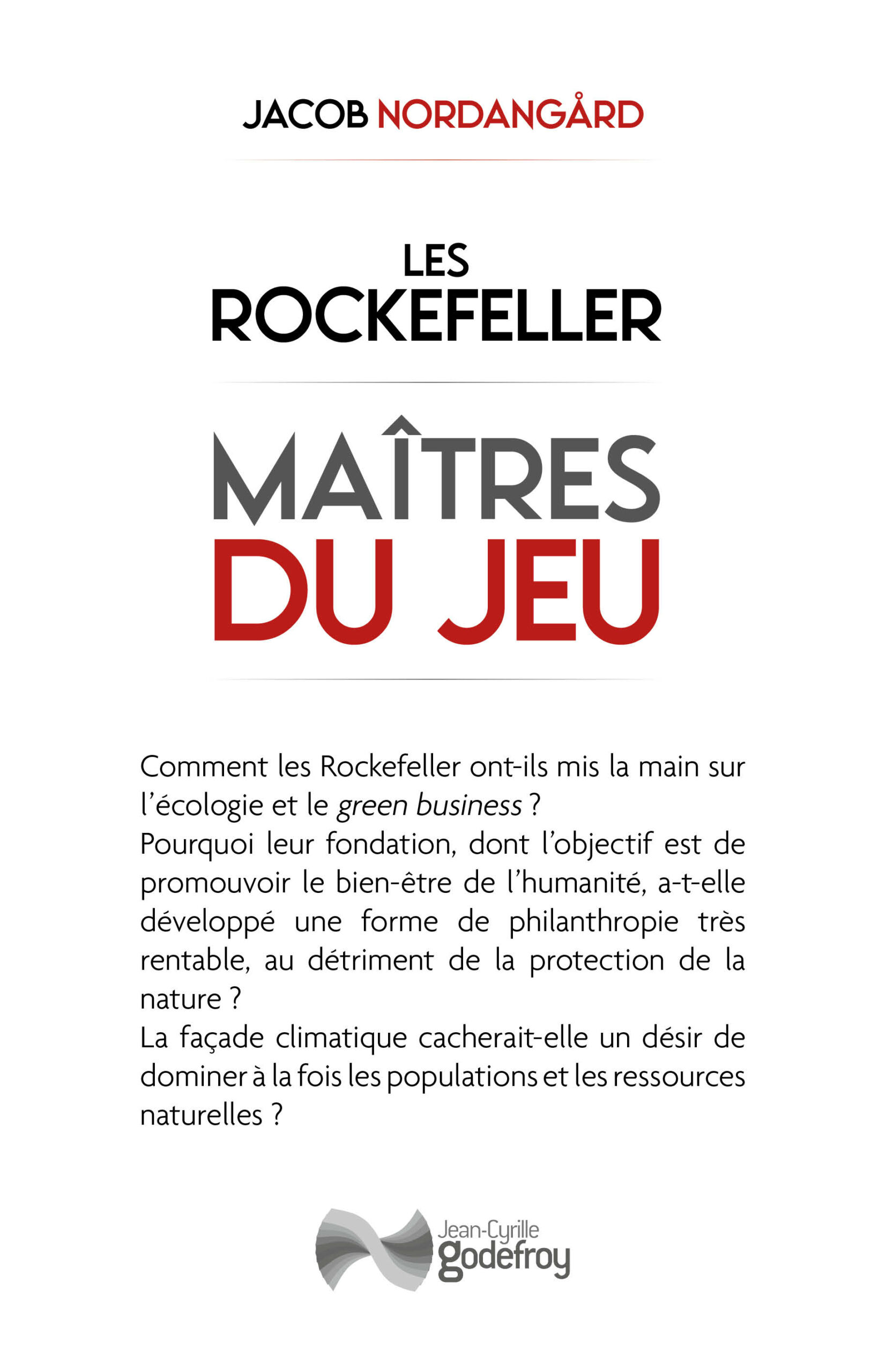
Do they merely serve as executors of an agenda they might not fully comprehend?
JACOB NORDANGÅRD
JAN 12
I have for a long wanted to address the current status of the Rockefeller Empire. The difference between third generation, “The Brothers,” and the “fifth/sixth generation” is striking. The former generation had a huge influence and laid the groundwork for many of the events that are now playing out, whereas the new generation has only inherited an agenda. They are characters unknown to the general public, who seem to be merely carrying out commands from a script agreed upon decades ago.
David Rockefeller’s Death Means Windfall for Family Foundation
Winthrop, David, Nelson, John and Laurance Rockefeller
The Rockefeller brothers John, Nelson, Laurance, Winthrop and David had a profound influence on US policy and the international development. John was the chairman of The Rockefeller Foundation (1952–1971) and the founder of Population Council. Nelson was the governor of New York and served as US vice president in the mid seventies. Laurance was the long-time chairman of Rockefeller Brothers Fund and founded Silicon Valley investment company Venrock. Winthrop was the governor of Arkansas. And the youngest brother David was the chairman of Chase Manhattan Bank, chairman of Council on Foreign Relations (1970–85), and co-founded the highly influential Bilderberg Group as well as its powerful offshoot The Trilateral Commission.
In the 1950s, Nelson initiated the Special Studies Project with the mission to “shape a new world order” under directorship of their perpetual henchman Henry Kissinger. And so they did. The threat of “global warming” was chosen as the agent of change that would make every country on earth cooperate (and ultimately form a world government).
The brothers were close to presidents and statesmen all over the world, and led presidential commissions on the environment, population and CIA activities. They developed close bonds with United Nations, spread contemporary art and internationalist architecture through the Museum of Modern Art, funded influential universities like Rockefeller University, University of Chicago and Harvard University.
In David’s memoirs he famously confessed to being proud of “conspiring with others round the world to build a more integrated global architecture—One World”. With his death in 2017 (101 years old) the family lost their most ambitious and influential member.
“The cousins” (the children of the brothers) that took over after their parents was the transition generation. They were not quite as influential as their famous fathers but still making an impact. Nelson’s favorite John D. “Jay” Rockefeller IV was a senator for 30 years, a board member of The Rockefeller Foundation and a member of The Trilateral Commission, while Nelson’s son Steven chaired the Earth Charter drafting committee and (during his chairmanship) made “anthropogenic climate change” the overarching priority for the Rockefeller Brothers Fund.¹ Steven, a professor of religion at Middlebury College, also gave a grant and inspiration for the Global Scenario Group’s Great Transition project with the aim of shaping a utopian planetary society with a World Union and a World Regulatory Authority.
In 2010, David Rockefeller Jr. was appointed as the third family member to chair the Rockefeller Foundation (after being elected to the board in 2006). During his time at The Rockefeller Foundation their Scenarios for Future Technology and International Development was published with its prophetic “Lock Step” scenario. David Jr. also headed the committee that developed the One World Program for RBF in the early 1980s with a focus on environmental concerns and climate change.
Jay’s wife Sharon P. Rockefeller succeeded David as family representative in 2017, after having been a member of the steering committee of the Bilderberg group.
Jay’s and Sharon’s daughter Valerie became the chairwoman of RBF in 2013 until Nelson’s grandson, film producer Joseph Pierson (daughter of Ann Rockefeller Roberts) took over in 2022. This was the start of a power shift to the new generation. Valerie, a former special education teacher and a member of the Council on Foreign Relations, is now the chair of Rockefeller Philanthropy Advisors. A foundation that runs the project Global Commons Alliance (with partners like World Economic Forum and The Club of Rome) aiming to accelerate systems change in order to “safeguard our global commons”. She stated during a conversation with Henry Ford III and David Callahan that “philanthropy is the glue that holds our family together”.
It is not a wild guess that she, in the coming years, will succeed her mother as the family representative at The Rockefeller Foundation. She has passed the test and proven her commitment. But in comparison with David and his brothers, she and the members of the fifth generation haven’t really contributed with anything new. They have no positions of real power, and have limited personal influence. They merely serve as executers of an agenda they may or may not fully comprehend.
The authors of the best-selling book The Rockefellers: An American Dynasty, concluded in 1976 that the succeeding generation was too mediocre to live up to the legacy of their famous fathers. Even if the degradation seems to inevitably increase with every new generational shift, their legacy still affects current global affairs (especially the climate agenda). However, no Rockefeller with David’s capacity is in the position to lead.
But it is clear that the brothers also served something greater than themselves. They had been “chosen by history” to shape a new united world, reflecting the ideals of the inner circle of the Council on the Foreign Relations (with connections to Lord Milners Roundtable Group and Cecil Rhodes).
As I write in my latest book Temple of Solomon, the Rockefellers were not really occupying the highest echelons of power. They were merely the agents for a “higher cause”.
